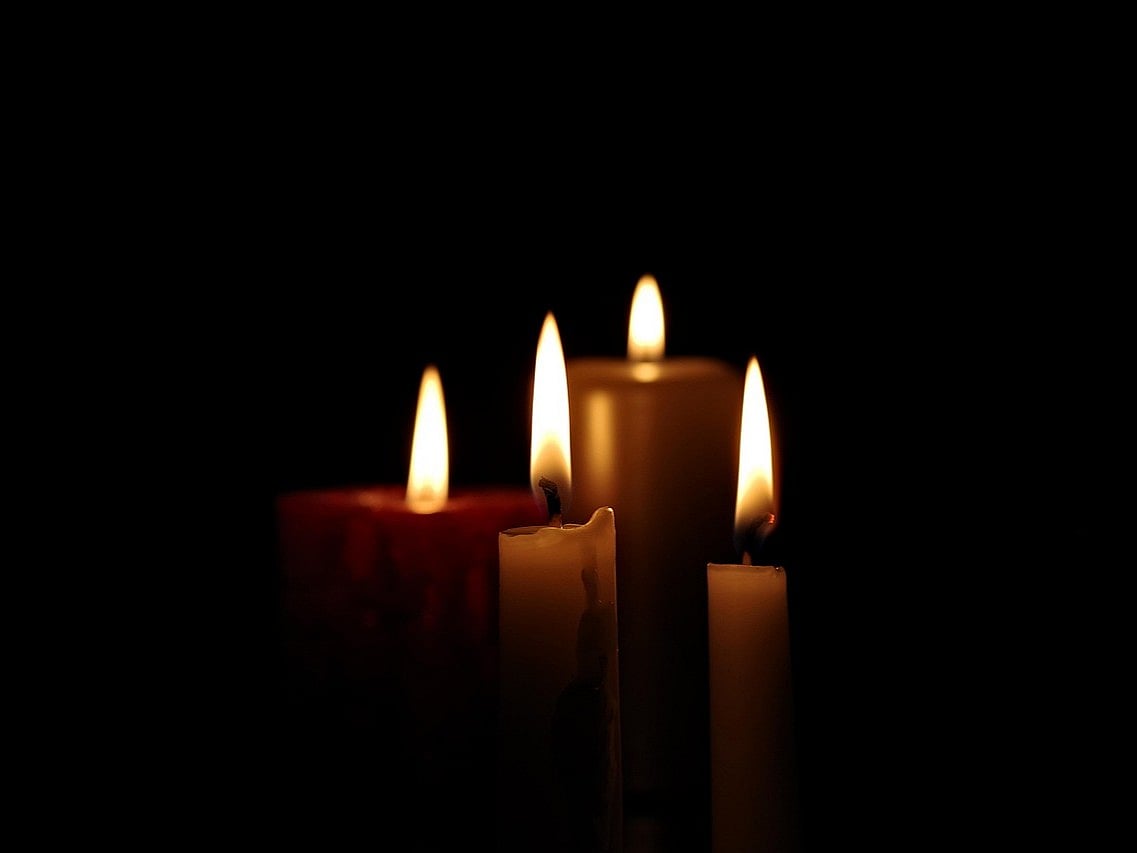Why Undas in Dubai will never feel like home — and why that's okay
A Filipino tradition that bridges distance, memory, and faith

Dubai: When I was a kid, Undas meant spending a day at the cemetery with my parents, cousins, and the rest of the clan. We'd load up the car with home-cooked food, candles, and flowers before sunrise. The air smelled like melting wax and sampaguita, sold by vendors outside the gates. It wasn't a sad day. It was a family day that just happened to take place among tombstones.
Back then, I didn't think much about it. It was just something everyone did. But now, living thousands of miles away, I understand what those moments were teaching us: that remembering is a responsibility, and that love doesn't stop when someone's gone.
Also Read
Why Filipinos in Dubai always send you home with food: Inside the ‘Sharon’ takeaway traditionPhilippines Christmas season starts in September with Jose Mari Chan's musicDubai Halloween events: Parties, brunches and Dh10K costume prizeTrick or Treat? Daiso Japan unveils the largest Halloween Collection with over 3,000 spooky itemsMore than mourning
Filipinos call it Undas, short for Todos los Santos or All Saints' Day. It spans two days of observance (All Saints' Day, and All Souls' Day), but to us, it's one long weekend of coming home.
Across the country, cemeteries fill up with families carrying flowers, folding chairs, and picnic baskets. The mood is energetic and familial. Kids play tag around tombs while adults swap stories about relatives long gone. It's noisy, messy, and oddly comforting. A celebration disguised as remembrance.
The journey back home
In the days leading to November 1, highways clog with buses and cars packed with families returning to their provinces. It's one of the few times of the year when even city dwellers stop and go home.
Once there, everyone has a role: cleaning graves, lighting candles, repainting names that time has faded. By nightfall, cemeteries glow like cities of light. Families share meals, pray together, and stay until dawn.
I don't remember every Undas, but one image has always stayed with me: my father quietly wiping the marble surface of my grandmother's tomb. He never said much, but watching him was enough to understand that remembrance wasn't optional. It was a form of respect. Now, I see my nieces and nephews learning the same lesson, not through words, but through the simple act of showing up.
This is the essence of Filipino culture: family first, even death can't change that. We don't just remember the dead. We visit, talk, eat, and laugh with them.
Keeping the faith abroad
For many of us Overseas Filipino Workers (OFWs), Undas hits differently. We can't walk through the same cemetery paths or light candles beside our departed loved ones. But the tradition follows us anyway.
In Dubai, I've seen Kabayans lighting candles at churches or offering prayers at home. Some video call relatives who are visiting the graves back home. It's not the same, but it's enough to remind us where we come from and who we're doing it for.
Routines change, the meaning doesn't
Undas has evolved over time. Some cities have banned overnight stays in cemeteries, and modern families visit only for a few hours. But even as routines change, the meaning doesn't.
It's about showing up, year after year, to say: We remember you.
That simple act, whether done at home or halfway across the world, is what keeps the tradition alive.
A candle in a different land
This year, like the last, I'll light a candle in my Dubai apartment. I'll think of the noise, the food, and the long lines of flickering lights stretching across our hometown cemetery.
It's not about the place anymore. It's about carrying the memory wherever life takes us.
Because for Filipinos, Undas isn't about death. It's about presence. Theirs. Ours. And the bond that distance can't erase.
Sign up for the Daily Briefing
Get the latest news and updates straight to your inbox
Network Links
GN StoreDownload our app
© Al Nisr Publishing LLC 2026. All rights reserved.
